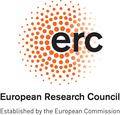ANNOUNCEMENT
Please do contact us (c.penfold@ucl.ac.uk or r.empson@ucl.ac.uk) if you are interested in any of the titles or publishing with the series yourselves.
ON-GOING FINDINGS AND QUESTIONS STATEMENT
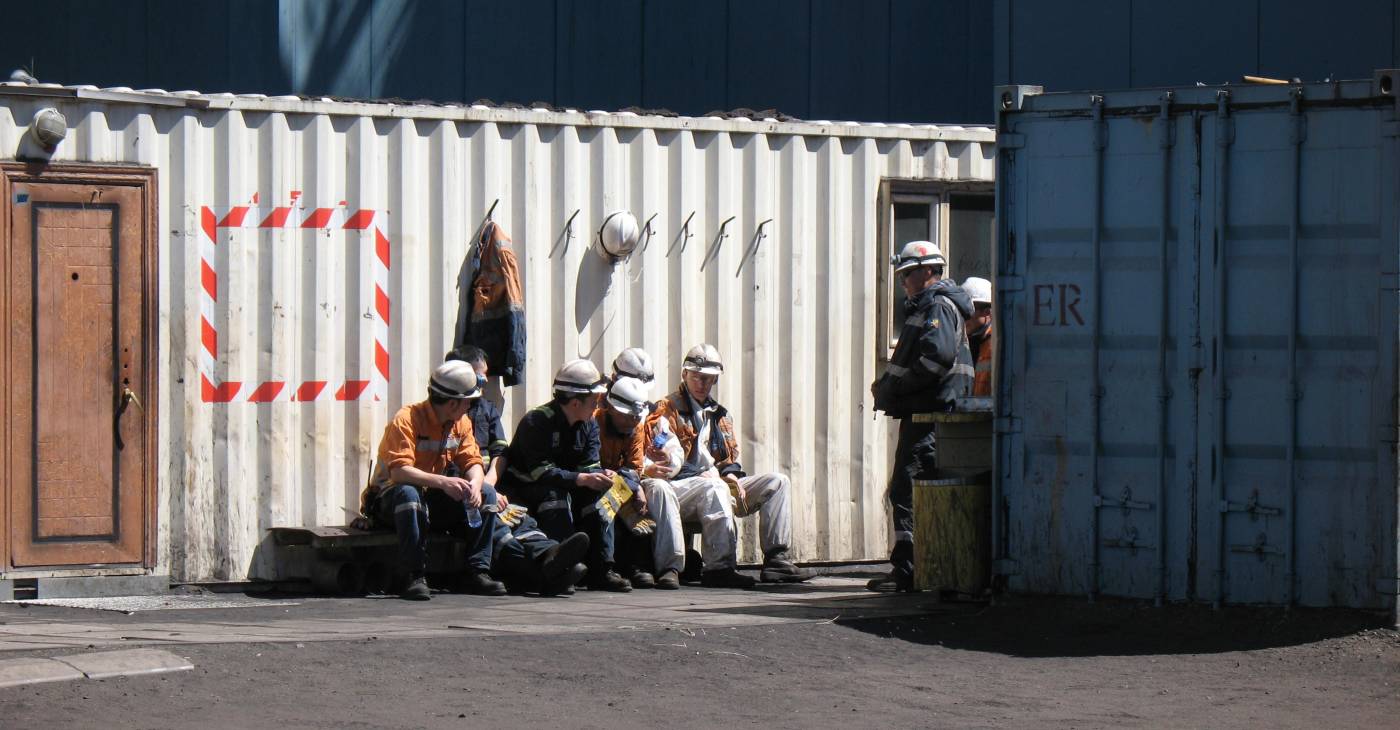
Coal Miners in Tsogttsetsii, May 2016
© Rebecca Empson
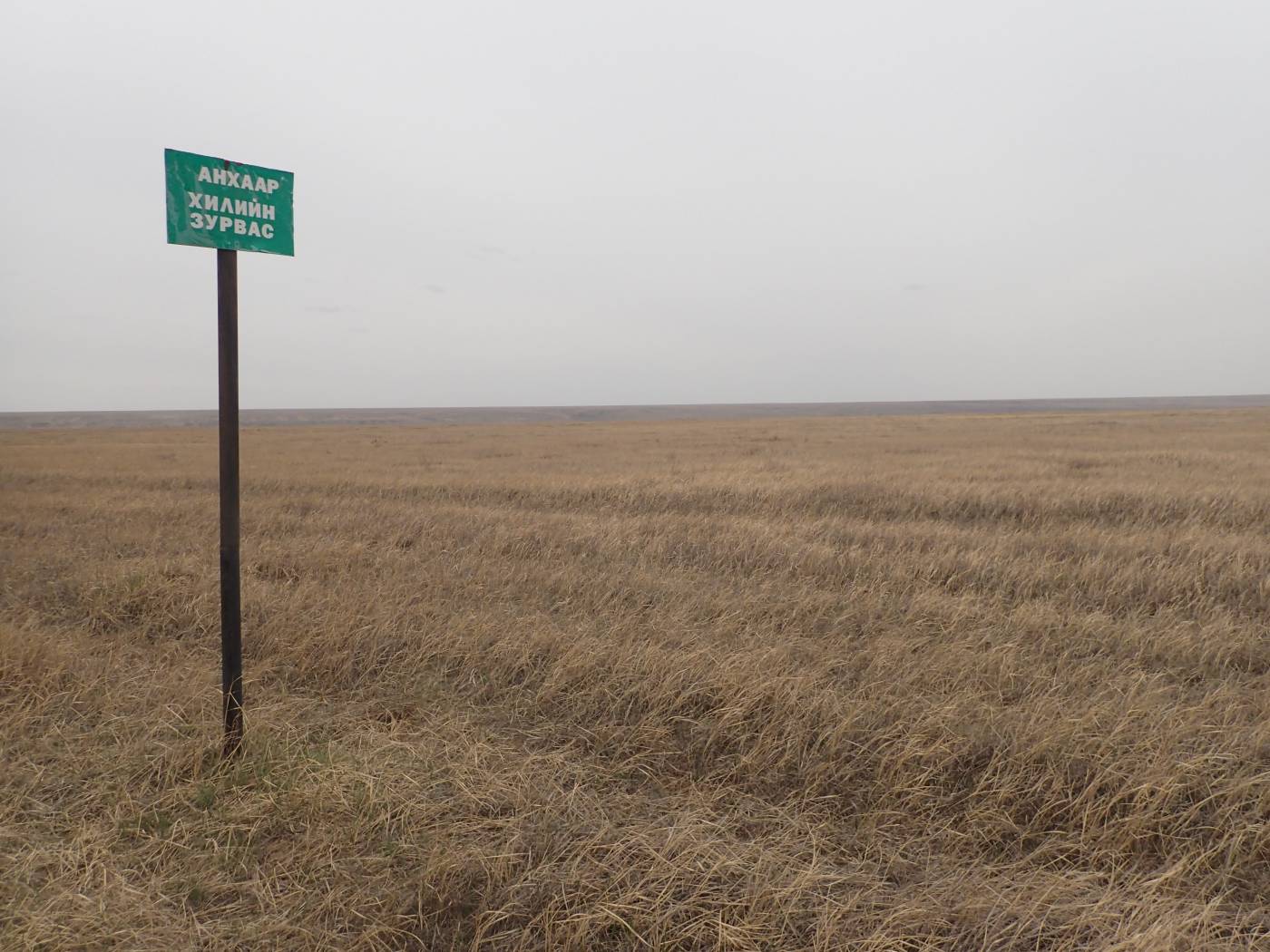
Borderzone
© Hedwig Waters. In Mongolia, it is easy to accidentally cross the border into China. Here, only a tiny sign with the words 'attention, border zone' alerts a wayward traveler to their proximity to the border.
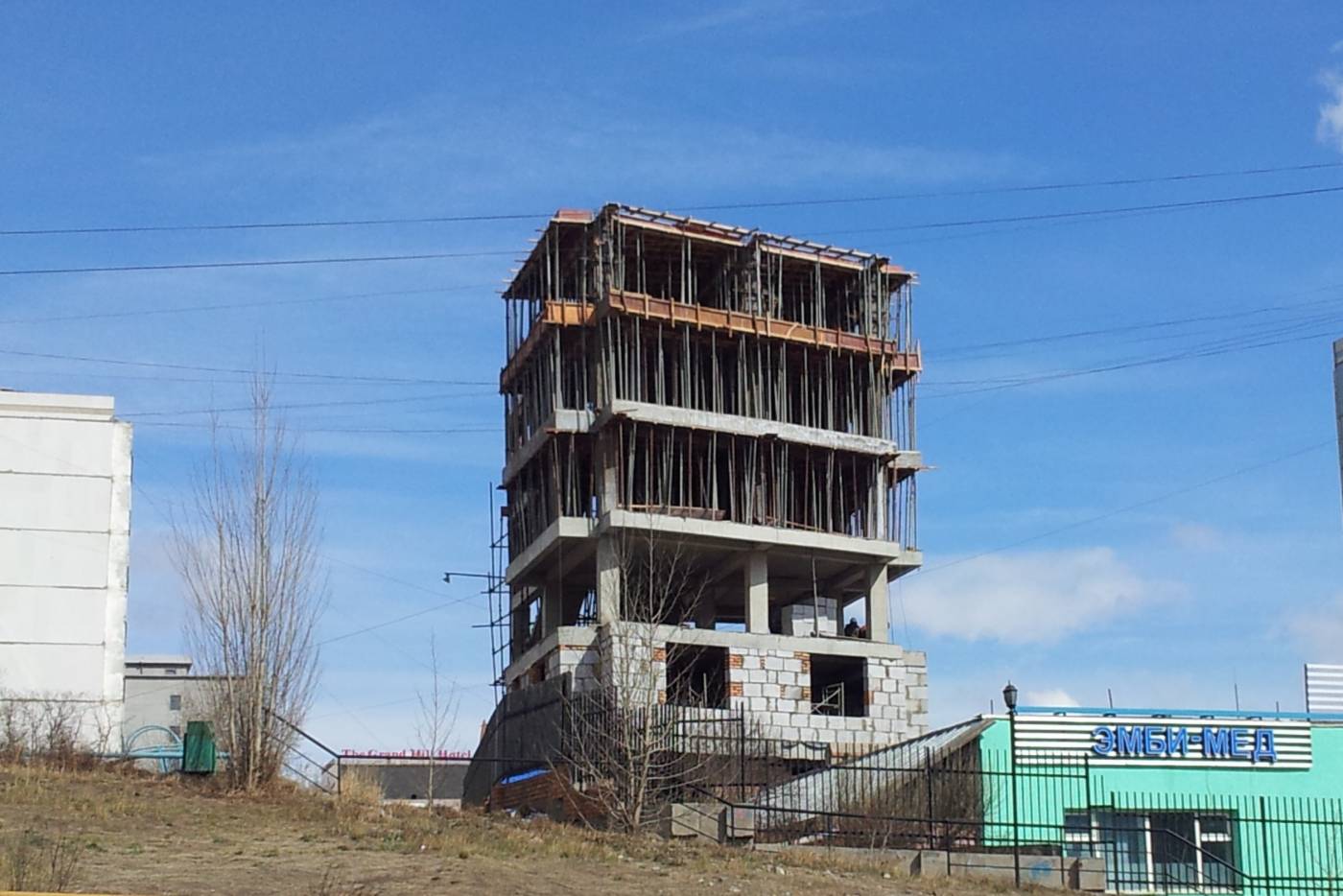
Half-finished buildings
© Rebecca Empson. Half-finished buildings become a permanent feature as the economy stalls, Ulaanbaatar, April 2016
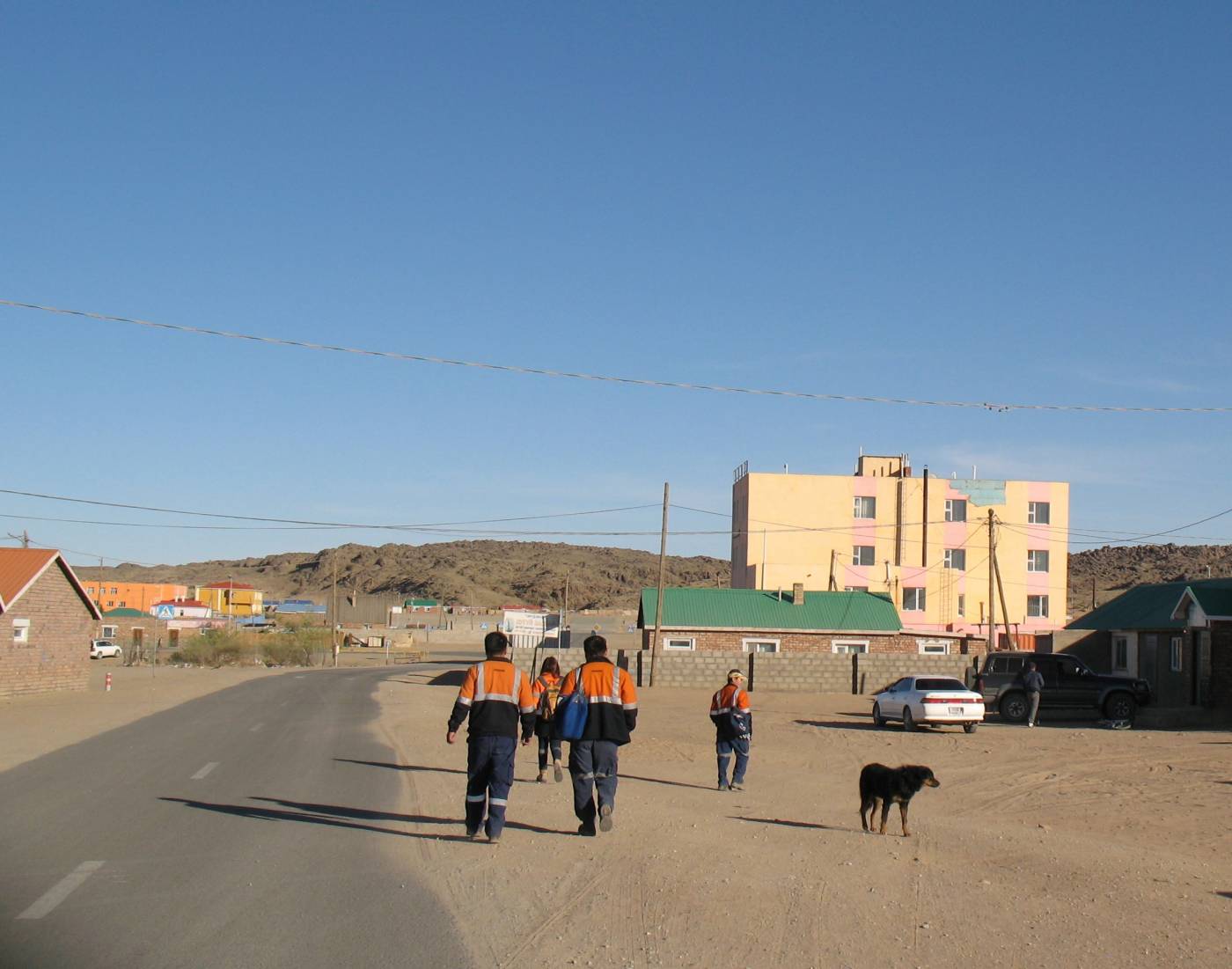
Returning home
© Rebecca Empson. Returning home from working at the gold and copper mine, Khan Bogd, May 2016
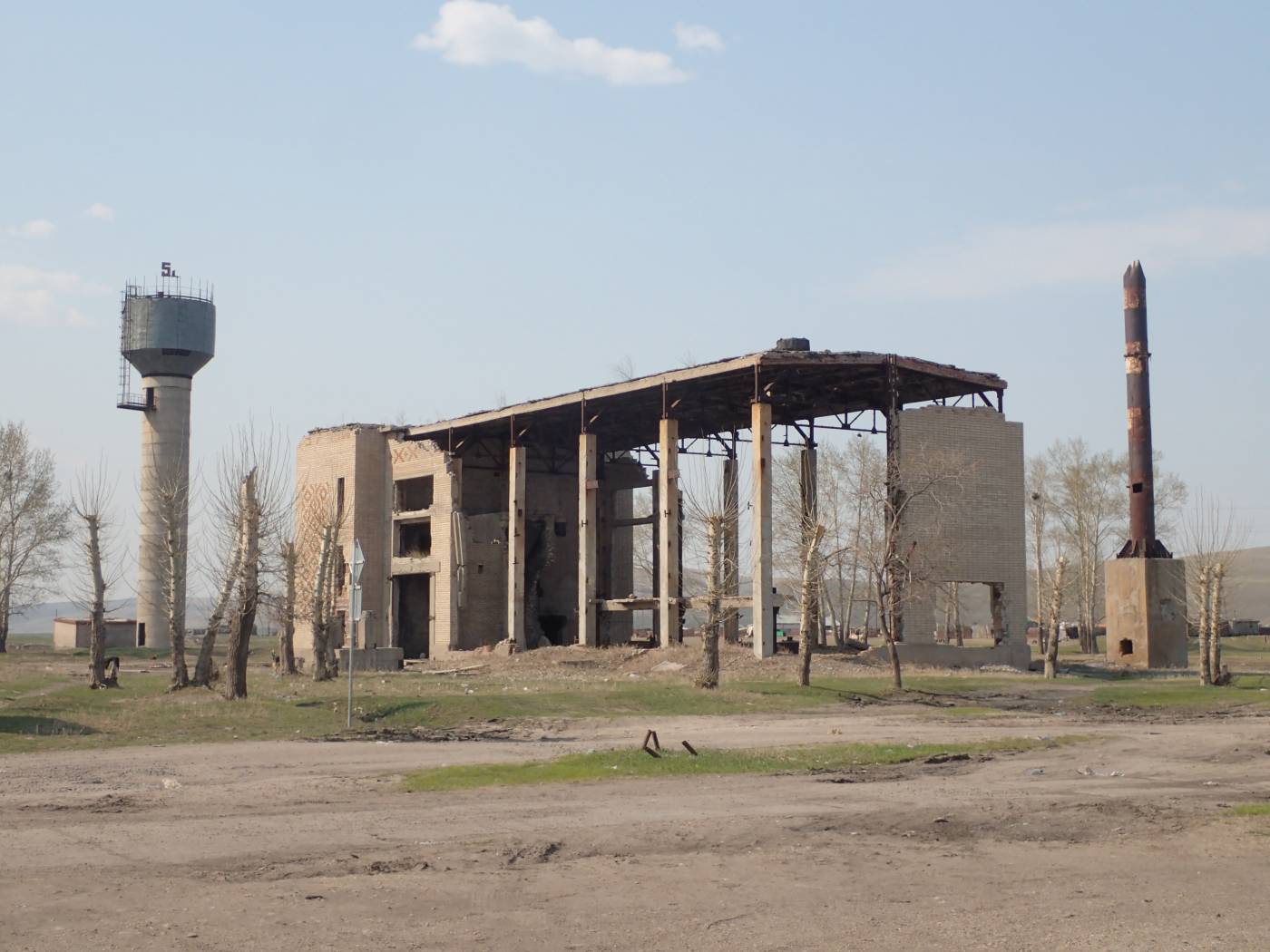
Waterelectricity Plant
© Hedwig Waters. The ruins of a Soviet-era electricity, water filtration and water heating plant in Khalkh-Gol, Dornod province. Due to Soviet financial backing, this sleepy town of 1,700 people enjoyed electricity, hot and cold water and indoor heating pre-1990. After 1990, however, these companies went bankrupt, and the buildings were ransacked for items to sell on the Chinese market. Electricity was not reintroduced to the town until 2014, but indoor plumbing and heating remain absent.
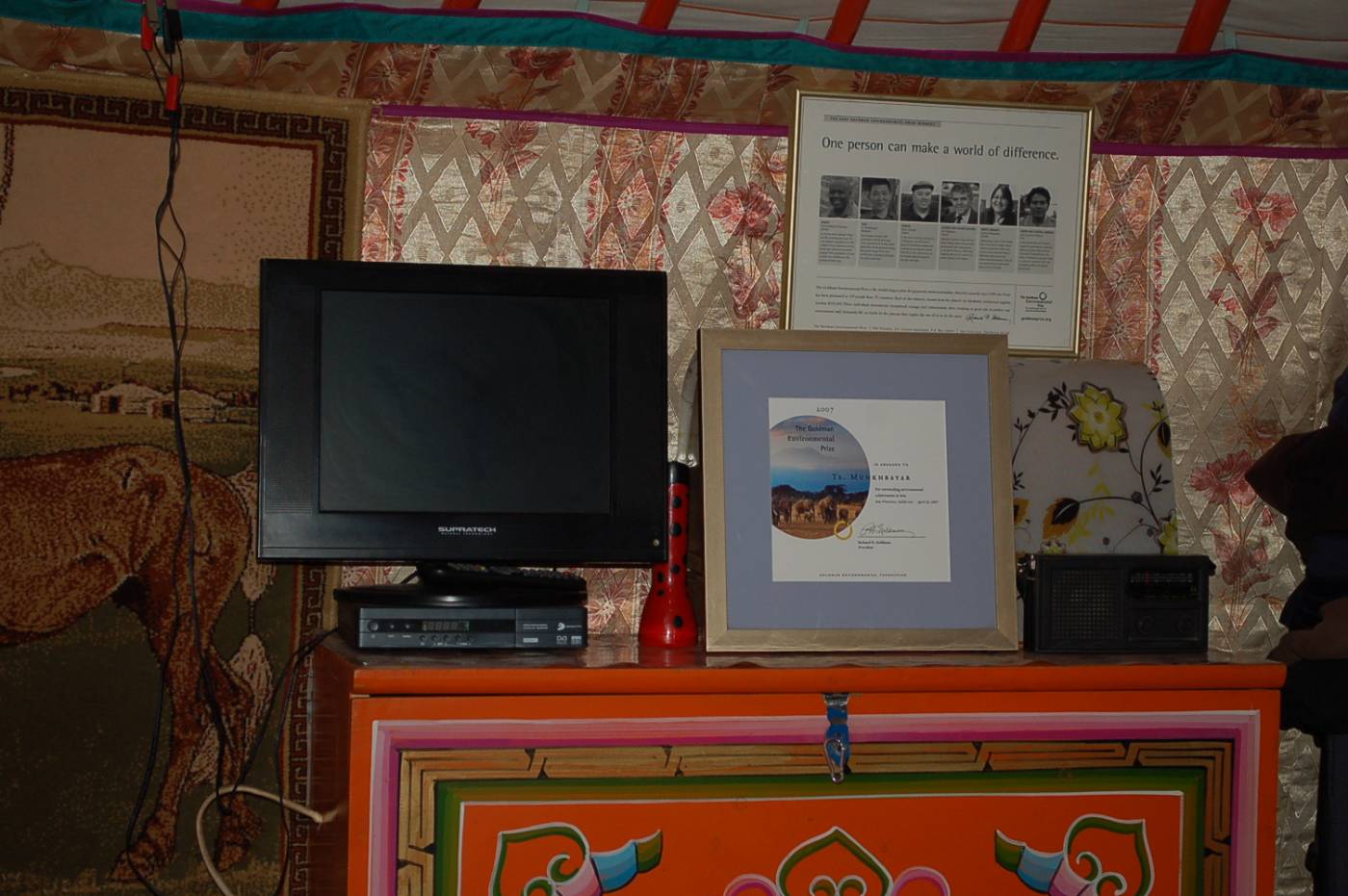
Goldman Environmental Prize in herder’s ger
© Bumochir Dulam. Saikhan-Ovoo, Dundgovi, Dec 2015. Ts. Munkhbayar’s ger felt tent in the winter pasture. Internationally prestigious Goldman Environmental Prize he received in 2009 appears in the respected part of the ger.
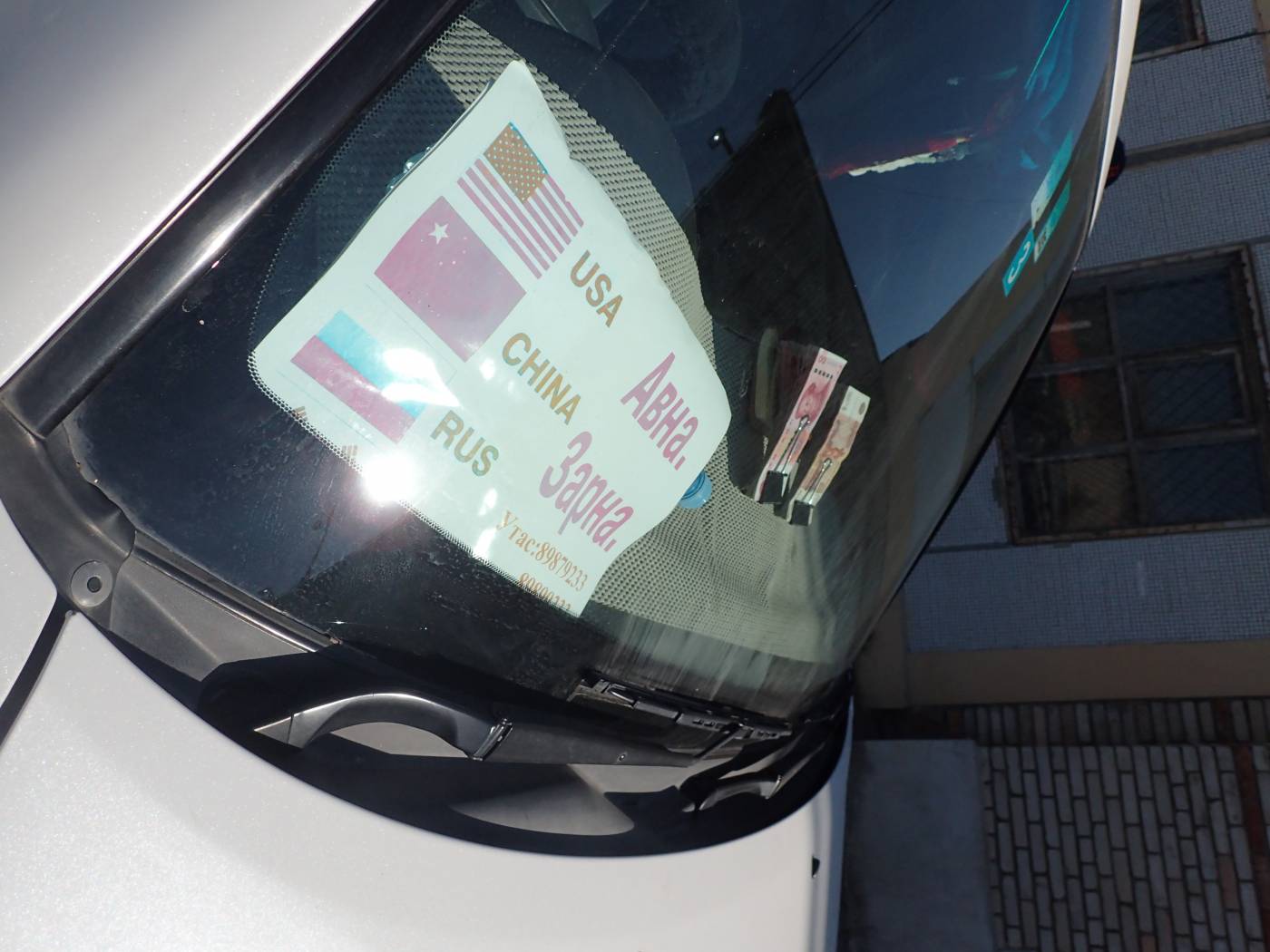
Money Exchange
© Hedwig Waters. A man sits in his car on the open-air market in Choibalsan, Mongolia, ready to informally exchange currency from Mongolian Tugrik, to Russian Rubles and/or Chinese Yuan. This job occupation, known in local parlance as 'cheng' from the English word 'exchange', describes people that broker various objects or currencies between parties. Because of Choibalsan's close proximity to both the Russian and Chinese border, including the increasingly popular free trade zone of Manzhouli, many cheng work here.
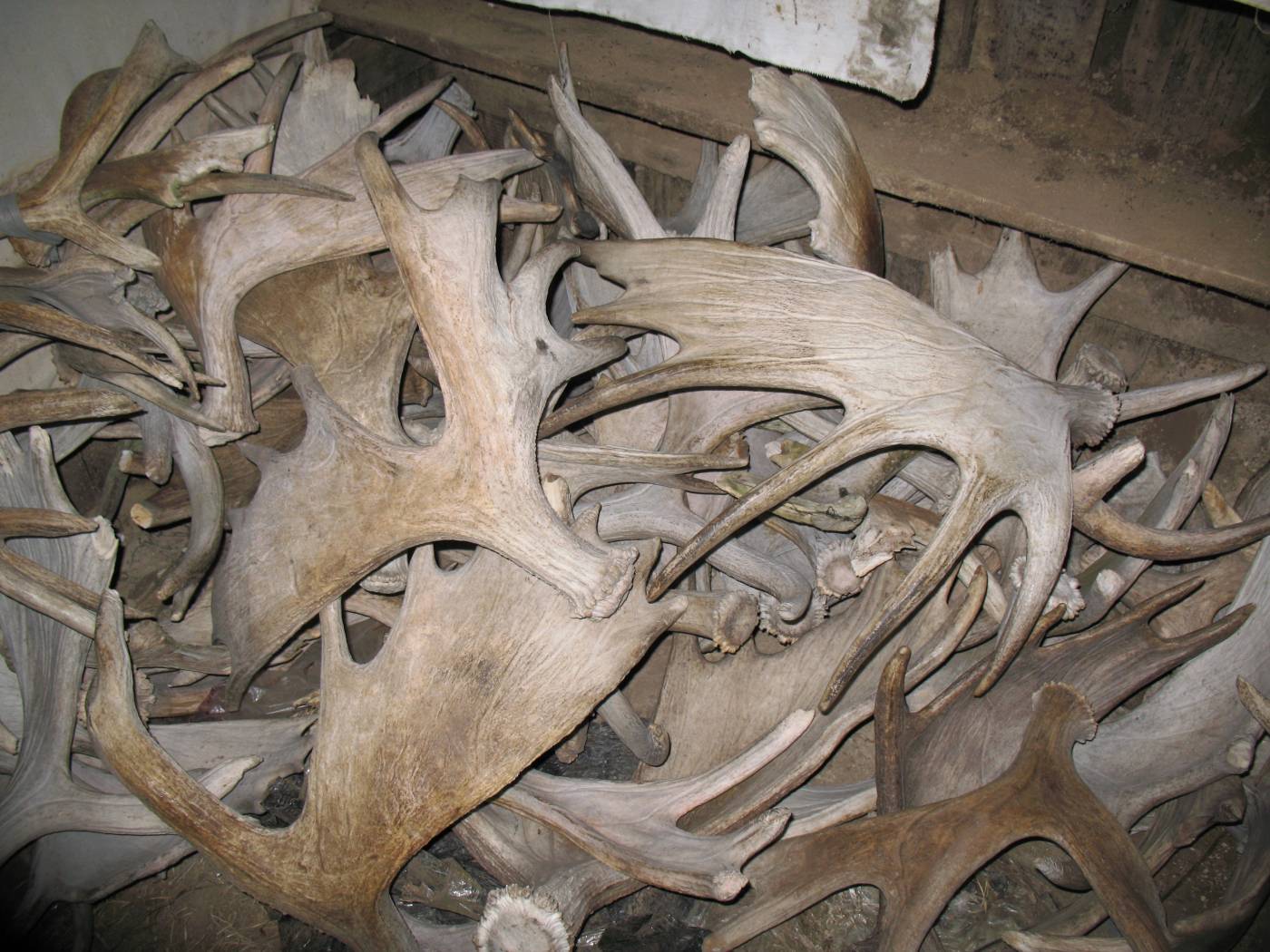
The antler trade
© Rebecca Empson. The antler trade presumed to be part of a wider money laundering scam, Hentii, May 2016
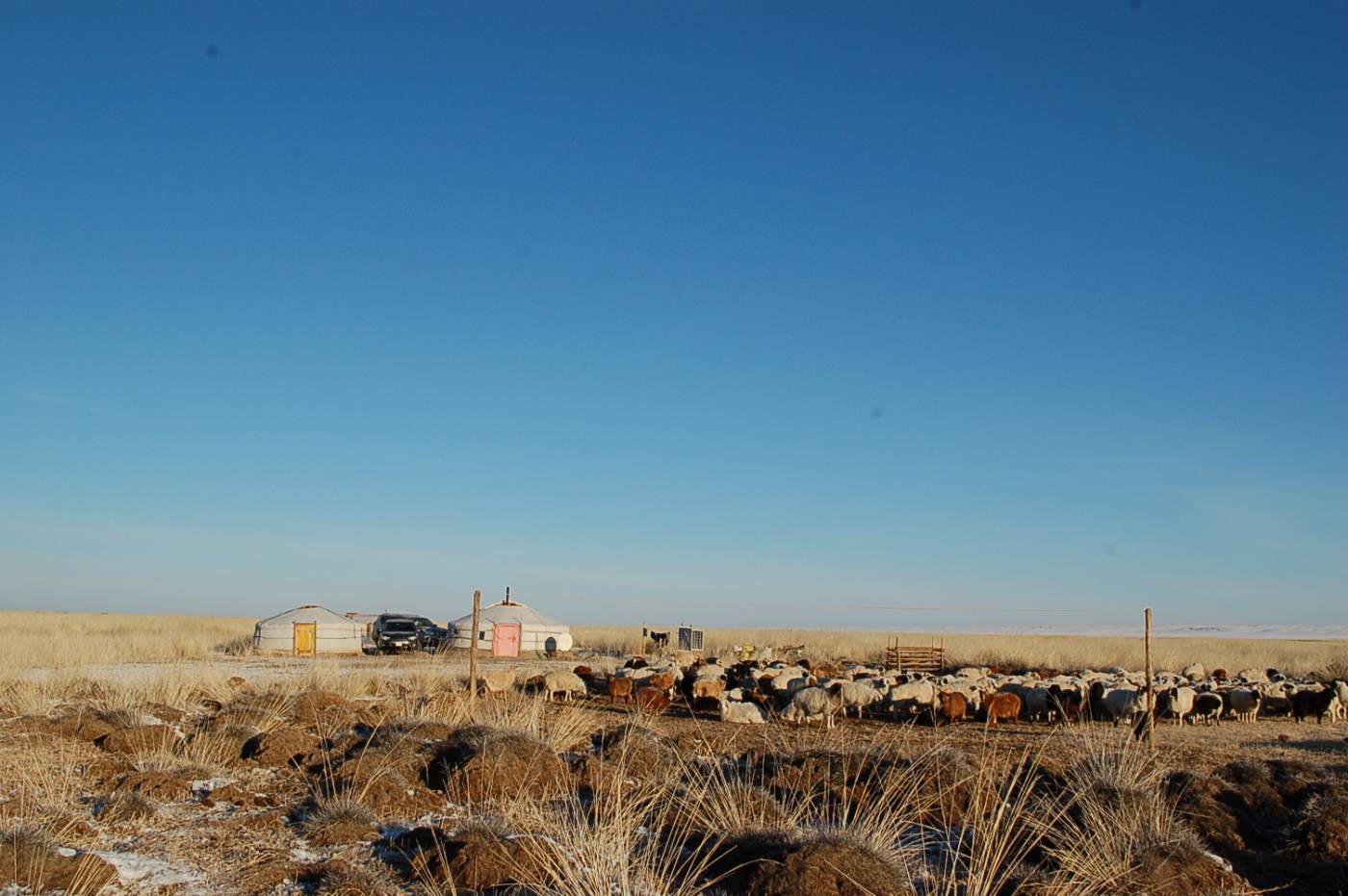
River movement livestock
© Bumochir Dulam. Saikhan-Ovoo, Dundgovi, Dec 2015. Ts. Munkhbayar’s winter camp. Herders of five sums each donated 100 sheep to start Ongi River environmental movement herd to start self funding
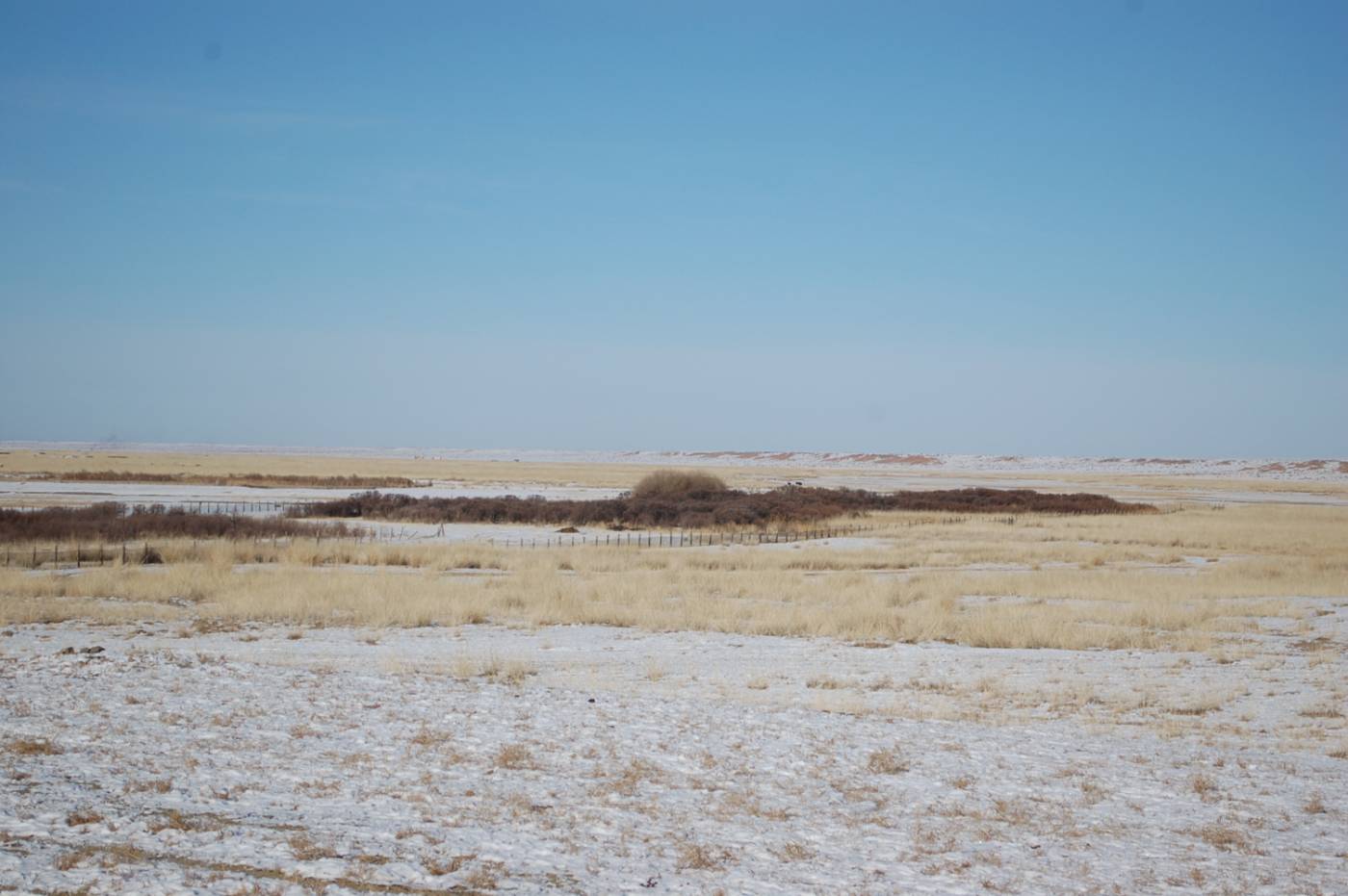
River movement trees
© Bumochir Dulam. Saikhan-Ovoo, Dundgovi, Dec 2015. Berry (sea buckthorn) trees along the River Ongi. Environmental protestors initiated and encouraged local herders to plant berry trees along the side of the river to increase its water level, privatise land where they planted trees, and to increase self funding for the movement with the sales of berries.
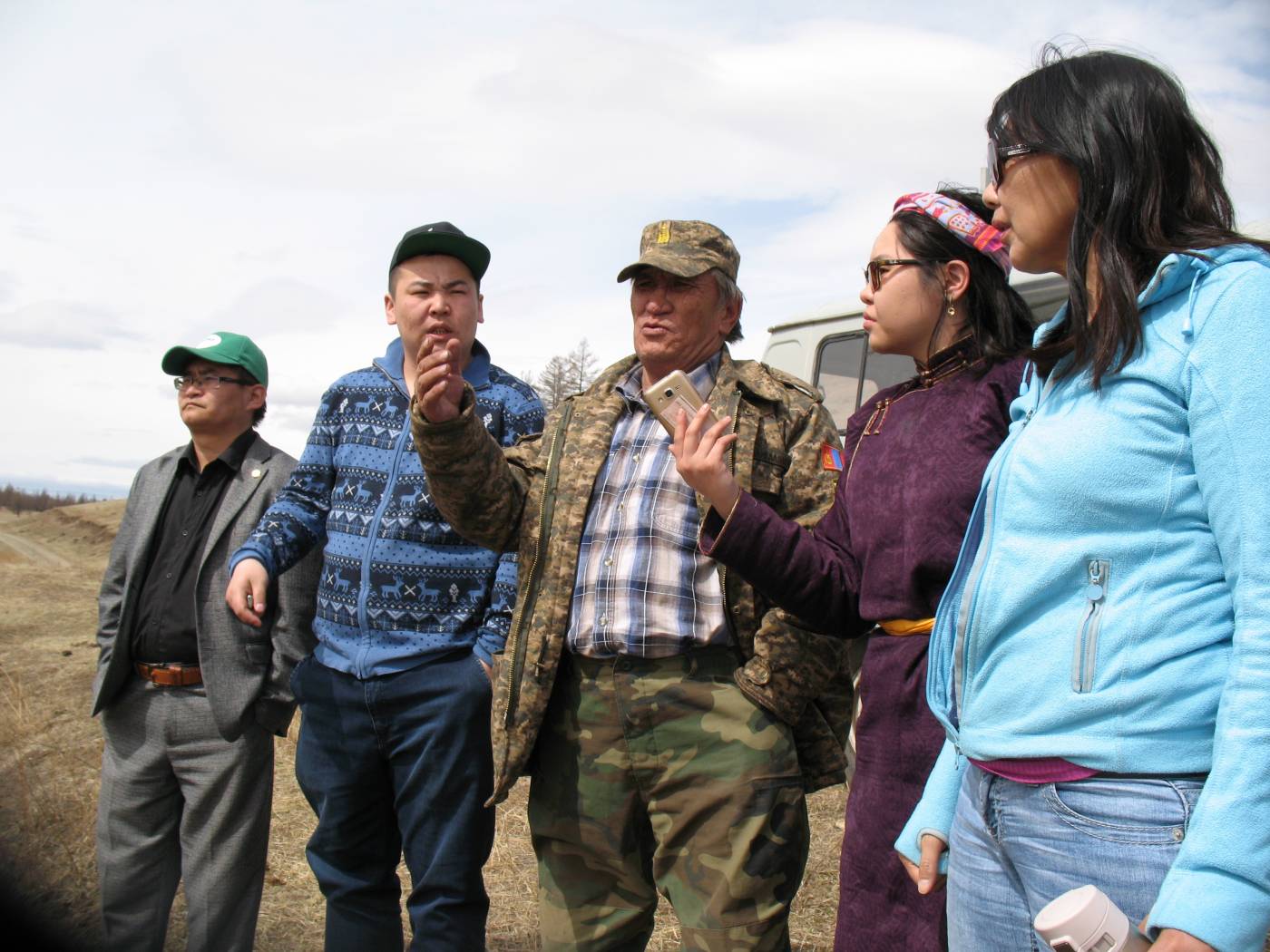
Local Environmental Protection Guard
© Rebecca Empson. Local Environmental Protection Guard discussing recent mining developments with representatives of the Ministry of Environment, Hentii, May 2016
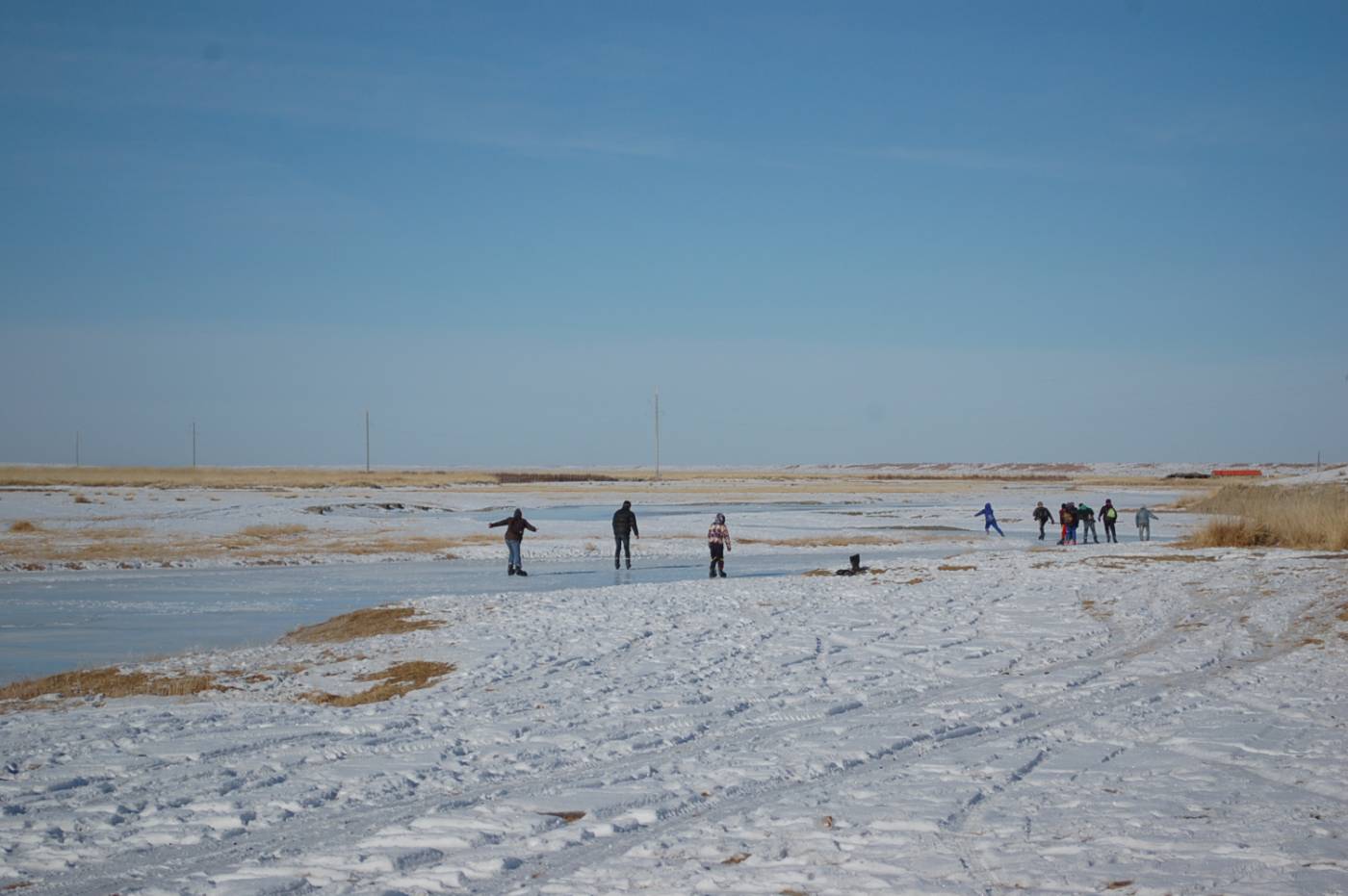
River Ongi is back
© Bumochir Dulam. Saikhan-Ovoo, Dundgovi, Dec 2015. Local children skating on the frozen river. River Ongi disappeared because of the gold mining extraction for several years since the end of 1990s which is now back after years of fight to stop the mine.
Background to our project: In the last few years Mongolia has been one of the fastest growing economies in the world with soaring GDP growth and foreign investment due to the country's vast mineral reserves. However, the decline of the global commodity super-cycle, coupled with the slowdown of the Chinese economy, has signalled a dramatic passing of this era.
Life in Mongolia is now increasingly characterised by a continuous state of volatility or flux. What were once thought to be givens have been suspended, and certain visions of the future stalled. People talk of an impending 'crisis, but what format this crisis will take, or what beginning or end it may have is essentially unknown. The idea of crisis manifest as a low hum in the imagination of individuals as they go about making their own worlds in this new terrain.
This 5-year ERC- funded project is composed of ten researchers exploring the emerging subjects of this new era of global economic flux. These include how people negotiate resources in shifting landscapes, access to infrastructure and bureaucracy; emergent relations between state, society, and mining companies; the access and use of loans and investments; the politics of debt and crisis; and national and individual trading strategies. In doing so we reveal how current economic transformations come to shape and are being shaped by people at different registers and scales.
 Close
Close



